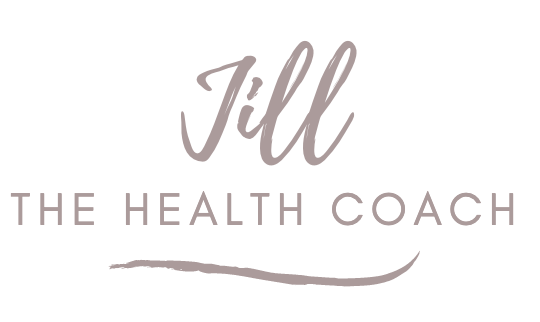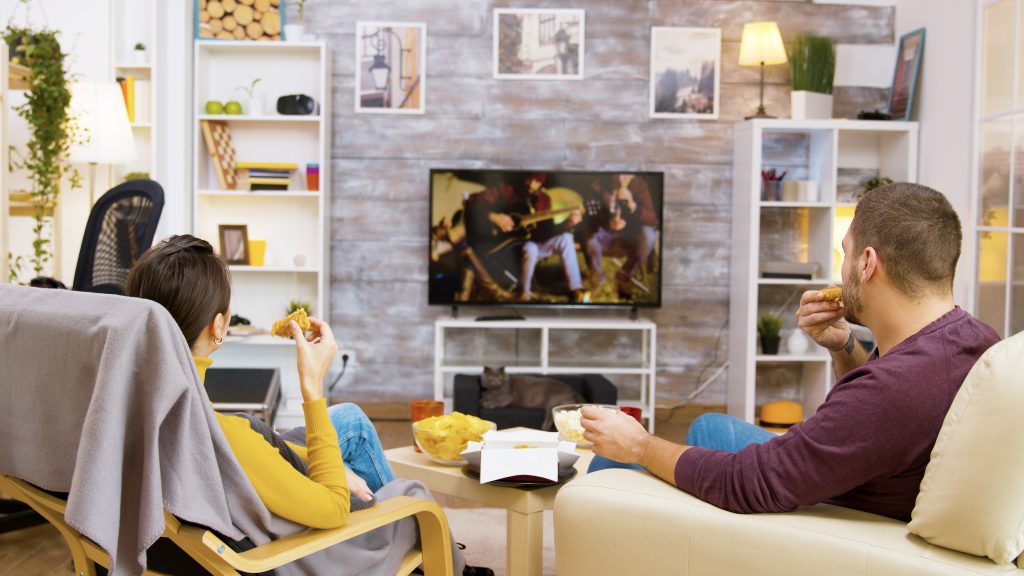Weight.
So many of us struggle to get to the weight we want.
It’s all about the food, isn’t it?
Actually, our weight is not only dictated by what we eat but how we eat.
I listened to a podcast today. It was on gut health and Dr. Mary Pardee was being interviewed. She is a Naturopathic Medical Doctor and a Certified Functional Medicine Doctor who specializes in integrative gastroenterology and hormone balancing in Los Angeles, California.
She was asked about strategies to improve gut health that would also help achieve healthy weight.
I was stunned when she said that in a recent study, it was found that there is an 18% increase in weight associated with…wait for it… eating meals in front of the TV!
How crazy is that and maybe you’re guilty of doing this. I know I am:(.
It makes sense, though.
The optimal way to eat is to be in a relaxed state with others. This way, food is more likely to be enjoyed and then digested better.
You see, when the body is in a relaxed state, the colon opens up with lots of surface area ready to take in the nutrition you are providing it. More pancreatic enzymes are produced so the food can be broken down and absorbed more readily.
And then it can easily move into your cells and feed your mitochondria and do all of those things that “fuel for your body” is supposed to do.
However, when we eat under stressful conditions, the colon contracts. It makes it more difficult to produce those enzymes that break down food and reduces motility of the food in the colon. And when the organs are constricted, much less nutrition can be absorbed as there is less surface area to take in the food.
To add even more salt to the wound, less nutrition to the body can then signal the body that it is still hungry, creating the desire to eat much more than one would need to be satisfied. Then, the food that is not used for energy gets stored as fat.
What are stressful types of situations when we should avoid eating?
This can range from eating on-the-run, to eating at your desk at work in front of a computer, to eating while watching the news, a serious drama or even comedy. You get the picture.
Part of this “stress” to your body is that your body is focused on the activity you are doing, and not the food you are putting in your mouth and digesting it. So, eating is more mechanical and an afterthought.
This alone can lead to over eating.
In our multi-tasking society, we THINK we can do much more than we can. We end up doing more, but not effectively. So, while your focus is on binging that new show, your body does not multi-task well and cannot digest your food well because it is distracted.
This leads to contraction and not being able to utilize the food as “fuel” for energy, etc.
And you are the one that misses out. Like, perhaps you are one who weighs 18% more than someone who eats at a table without other distractions.
What is the ideal way to eat any meal?
Sitting at a table and sharing a meal with others is the most effective way for your body to utilize your food the way it should be. But the best part is that it is simply more enjoyable. And it should be!
So, the next time you are ready to watch that new show, eat first. And with the TV off. Share a meal and discuss your day. Be thankful for the food that is nourishing your body.
And if you’re eating alone, play some music or light a candle. Give yourself a little “me-time.”
It’s all about going back to our ancestors. They didn’t have all of the distractions we have…and they certainly didn’t have the weight issues or diseases we have either.
So, get back to basics. I know I definitely am:).
And if you want to see the healthy foods I eat to help me stay out of that “18%”, check out my free shopping list.
“It is our choices that show what we truly are far more than our abilities.”
Live well and love more,
Jill Gordon
All material in this newsletter is provided for information only and may not be construed as medical advice or instruction. No action or inaction should be taken based solely on the contents of this publication; instead, readers should consult appropriate health professionals on any matter relating to their health and well-being. The information provided has not been approved the Food & Drug Administration and is not intended to diagnose, treat, cure, or prevent any illness or disease.

